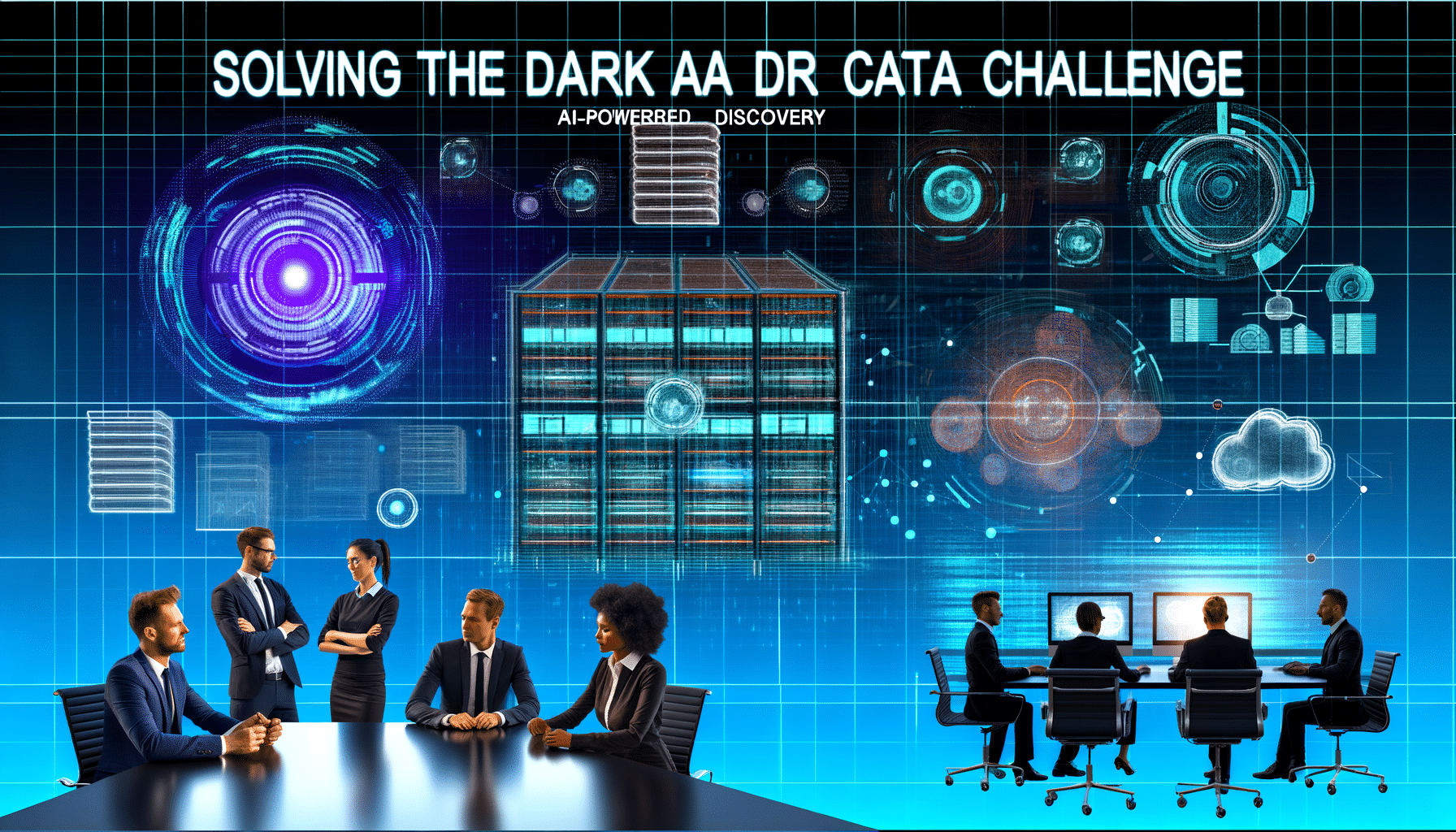- Data Management
- November 16, 2024
Solving Cross-System Data Consistency Issues

Introduction
Navigating the digital landscape can sometimes feel like walking a tightrope, especially when it comes to maintaining data consistency across multiple systems. Often, businesses find themselves grappling with data discrepancies that lead to inefficient operations, flawed analytics, and even reputational damage. Fortunately, solutions like RecordsKeeper.AI are pioneering a new era of data consistency through the innovative use of blockchain technology.
Understanding the Challenge of Cross-System Data Consistency
In my experience working with companies from various sectors, I’ve observed that maintaining data consistency is often considered a daunting challenge. The crux of the problem is that as organizations grow, they tend to accumulate disparate systems for processing and storing data, leading to discrepancies. This fragmentation means that the same data can appear differently across platforms—a scenario that can confuse stakeholders and lead to costly errors.
Consider a global company managing multiple databases for customer records, orders, and inventory. Any synchronization failure can result in misplaced shipments or incorrect stock levels, directly impacting customer satisfaction and the bottom line. Establishing accurate and consistent data across such systems is paramount.
How Blockchain Technology Enhances Data Consistency
Blockchain technology is increasingly recognized as a game-changer for resolving data consistency issues. But how exactly does it achieve this? Blockchain ensures data integrity by maintaining a transparent, tamper-proof ledger where each transaction or record is carefully logged and verified. This aspect is precisely what led me to integrate blockchain into RecordsKeeper.AI.
By using blockchain, businesses can create a single source of truth, ensuring all stakeholders—from the warehouse manager to the customer service team—access identical and up-to-date information. Blockchain’s immutability protects against unauthorized changes, providing an additional layer of security and accuracy. Each entry is cryptographically secured, making it both permanent and verifiable.
Leveraging RecordsKeeper.AI for Seamless Data Management
With RecordsKeeper.AI, I sought to offer a comprehensive solution that marries AI and blockchain expertise. Our platform utilizes AI to automatically categorize and tag records, ensuring they are easy to retrieve through natural language queries. This level of automation eliminates human error and enhances operational efficiency.
But where RecordsKeeper.AI truly shines is in its blockchain integration. By creating tamper-proof records, the platform guarantees that once data is stored, it cannot be altered without detection. This immutable record-keeping ensures that data collected from various systems remains consistent across the board, making audits and compliance checks not only simpler but also more reliable.
Key Benefits of Adopting Blockchain-based Record Management
1. Enhanced Security: Data is encrypted and stored in a distributed ledger, ensuring privacy and security.
2. Simplified Regulatory Compliance: Our platform automates adherence to regulations like GDPR and HIPAA, essential for legal, finance, and compliance heads.
3. Real-Time Synchronization: All updates are recorded in real time, providing accurate insights and facilitating proactive decision-making.
4. Cost Efficiency: By reducing redundancies and streamlining processes, organizations can cut down operational costs significantly.
Practical Steps for Implementing Blockchain for Data Consistency
For those contemplating a shift towards blockchain for data consistency, here are some practical steps to consider:
Analyze what current data management issues you’re facing. Is it redundancy? Inaccuracy? A clear understanding will help tailor the solution.
Choose a platform like RecordsKeeper.AI that encapsulates both AI automation and blockchain security, aligning with your specific business needs.
Map out a detailed integration plan. Consider how new systems will interact with existing databases.
For a successful transition, it’s crucial to train your staff in using blockchain-based systems to leverage these capabilities fully.
Conclusion
In today’s interconnected world, maintaining data consistency across systems is not just a competitive advantage—it is a necessity. I’m passionate about helping organizations leverage tools like RecordsKeeper.AI to solve cross-system data consistency challenges through the power of AI and blockchain.
As the founder of RecordsKeeper.AI, I invite you to explore these solutions further. This journey doesn’t merely end with better data; it leads to more informed strategies, compliance assurance, and ultimately, heightened customer trust. Transform your record management from a cumbersome chore into a pivotal advantage. Follow me as I delve deeper into these topics, delivering insights that can propel your organization into the future of data management.
Toshendra Sharma is the visionary founder and CEO of RecordsKeeper.AI, spearheading the fusion of AI and blockchain to redefine enterprise record management. With a groundbreaking approach to solving complex business challenges, Toshendra combines deep expertise in blockchain and artificial intelligence with an acute understanding of enterprise compliance and security needs.
Related Posts

Solving the Dark Data Challenge: AI-Powered Record Discovery
How AI can help organizations uncover and classify forgotten records hiding in their systems.
- November 16, 2024

Smart Data Classification Systems
Implementing intelligent data classification systems.
- November 16, 2024
Archives
- December 2024
- November 2024
- October 2024
- September 2024
- August 2024
- July 2024
- June 2024
- May 2024
- April 2024
- March 2024
- February 2024
- January 2024
- December 2023
- November 2023
- October 2023
- September 2023
- August 2023
- July 2023
- June 2023
- May 2023
- April 2023
- March 2023
- February 2023
- January 2023
- December 2022
- November 2022
- October 2022
- September 2022
- March 2019
Want to get more content like this?
Signup to directly get this type of content to your inbox!!
Latest Post
Organizing External Auditor Access
- December 22, 2024
Document Control in Manufacturing Plants
- December 21, 2024
Handling Rush Financial Report Requests
- December 20, 2024
Managing Record Access After Staff Changes
- December 19, 2024





